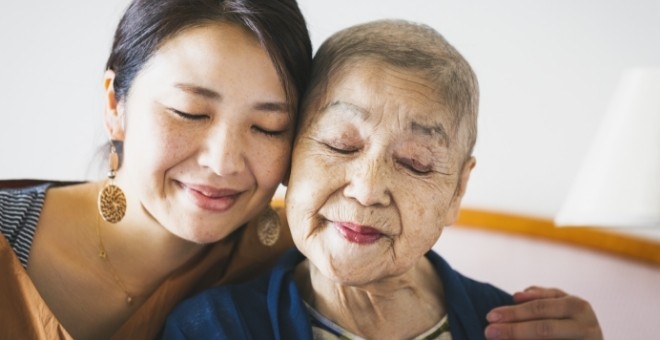COVID-19 Resource Center / People Who Are Immunocompromised
People Who Are Immunocompromised
If you are immunocompromised, you have a weakened immune system and are more susceptible to severe illness and death from COVID-19.
Vaccines and Booster Doses for Moderately or Severely Immunocompromised People
It is especially important for you to stay up to date with your vaccinations and boosters if you have a weakened immune system. You may find that your response to the vaccine is not as strong as that of people who are not immunocompromised.
Based on the CDC’s most recent recommendations, people who are immunocompromised who have received a bivalent COVID-19 vaccine may receive a single additional dose of a bivalent COVID-19 vaccine at least 2 months following the previous dose. Additional doses may be administered at the discretion of their healthcare provider.
Immunocompromised children 6 months through 4 years of age may also be eligible for additional doses of the updated bivalent booster, depending on vaccine history.
Read the CDC guidance for COVID-19 vaccination for people who are moderately or severely immunocompromised.
Who is Immunocompromised?
You are immunocompromised if you have the following conditions or have experienced the following treatments:
- Active cancer treatment for tumors or cancers of the blood
- An organ transplant and are taking medicine to suppress the immune system
- A stem cell transplant within the last 2 years or are taking medicine to suppress the immune system
- Moderate or severe primary immunodeficiency (such as DiGeorge syndrome, Wiskott-Aldrich syndrome)
- Advanced or untreated HIV infection
- Been in active treatment with high-dose corticosteroids or other drugs that may suppress the immune response
Make sure to talk to your health care provider about COVID-19 vaccination and your medical condition.
*Source: CDC

